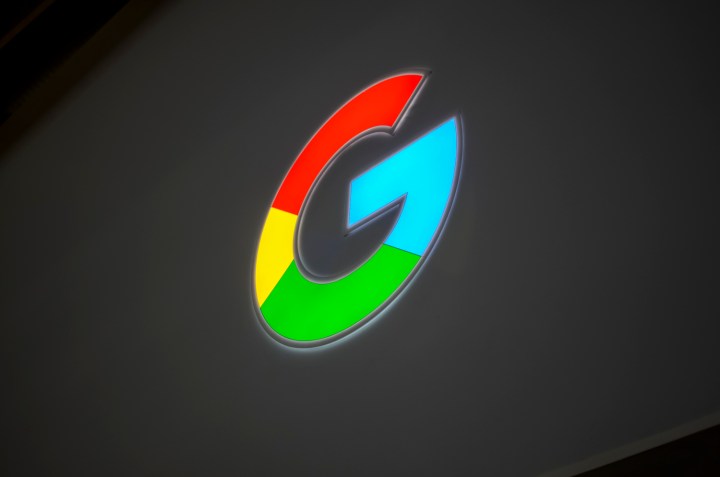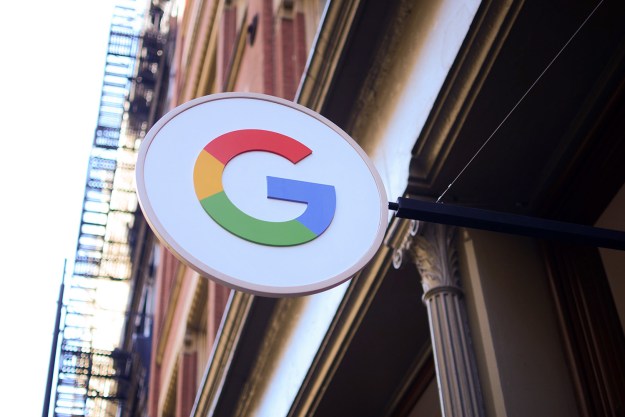
In a blog post, Google said that it would tap technologies like software defined networking (SDN), network function virtualization, and site reliability engineering to “deliver services reliably.”
“Over the year, we’ve built and managed networking infrastructure to help us provide Google services to people around the world,” Google Principal Ankur Jain wrote in a blog post. “As people increasingly access the Internet through their mobile devices, mobile operators are now designing their next-generation networks based on many of the same principles we’ve adopted to power our own networking infrastructure.”
The SDN framework will enable the networks to adapt to new services and traffic patterns, Jain said, and simplified workflow management and automated testing will provide network engineers with the tools to deploy and iterate on new features. New APIs, meanwhile, will hasten the development of subscriber-facing benefits like Smart Offline, a YouTube feature that lets users take advantage of cheaper overnight data rates offered by Airtel and Telenor.
In addition to the new networking initiatives, Google’s joining CORD (Central Office Re-architected as a Datacenter), an open-source project that counts “leading mobile ecosystem” partners like AT&T, SK Telecom, Verizon, China Unicom, and NTT Communications among its active members.
“We look forward to collaborating with Google on this exciting initiative. It’s great to see Google bring the benefits of their networking technologies to carriers. This will bring greater efficiencies and capabilities to mobile networks and enable us to rapidly innovate on new user experiences.”
The news follows reports concerning Google’s other big telecom effort this week: Rich Communication Messaging, or RCS. Last week, the search giant said that Vodafone Group, Globe Telekom, Orange, and Deutsche Telekom will now support RCS, the follow-up to SMS and MMS that lets users send higher-quality pictures messages, participate in group chat, share their current location, initiate voice calls, see typing indicators, and read receipts, and share media and other information while in a telephone conversation.
They’ll adopt Google’s Jibe service, which aligns with the universal RCS profile to provide cloud and hub services to make it easier for carriers to adopt and roll out. About 27 manufacturers and carriers are launching RCS with Google.
Editors' Recommendations
- Google Play Games for Windows PCs rolls out in limited beta
- Android 12 is out. Or is it? Here’s why we think Google delayed the release
- Google needs to figure out supply problems before the Pixel 6 launches
- Google Pixel 4a vs. Nokia 7.2: Can experience win out?
- Google Pixel 4a vs. Google Pixel 4: Save money or go all-out?

